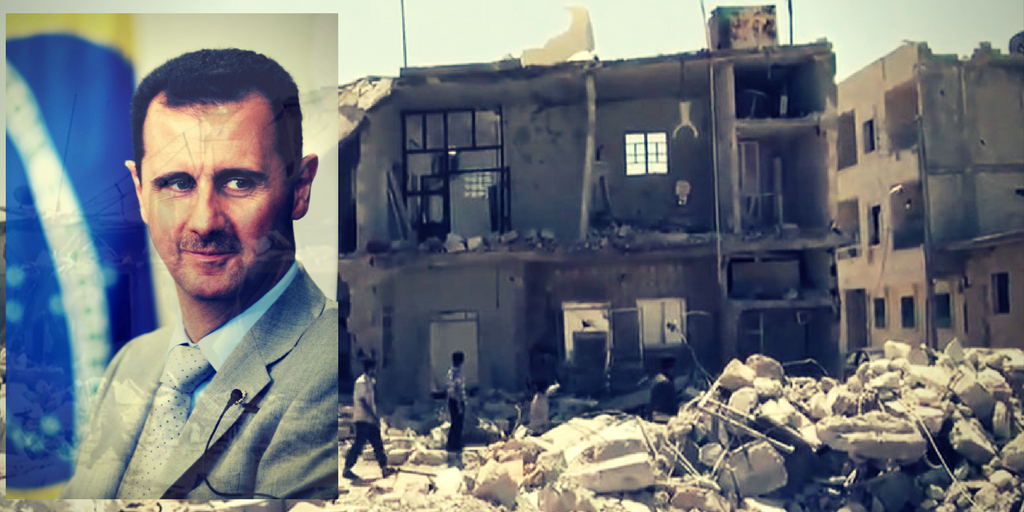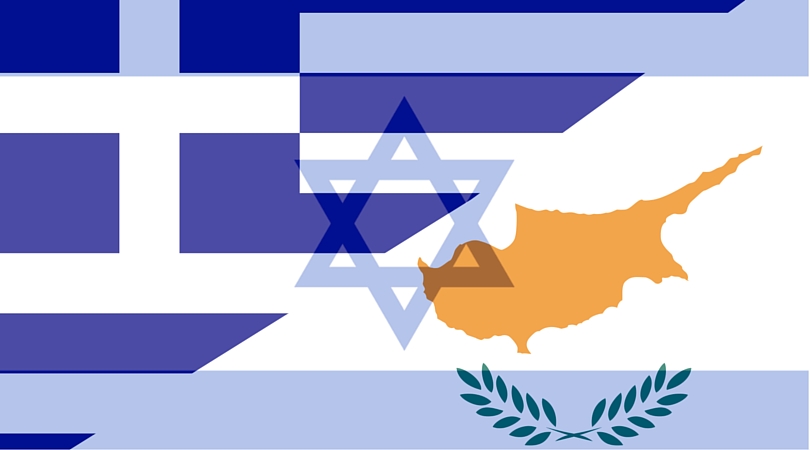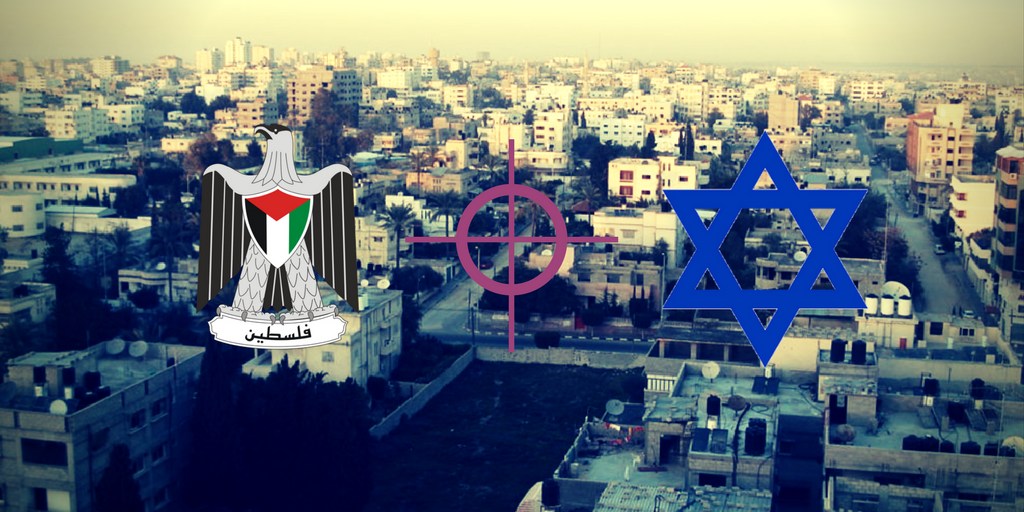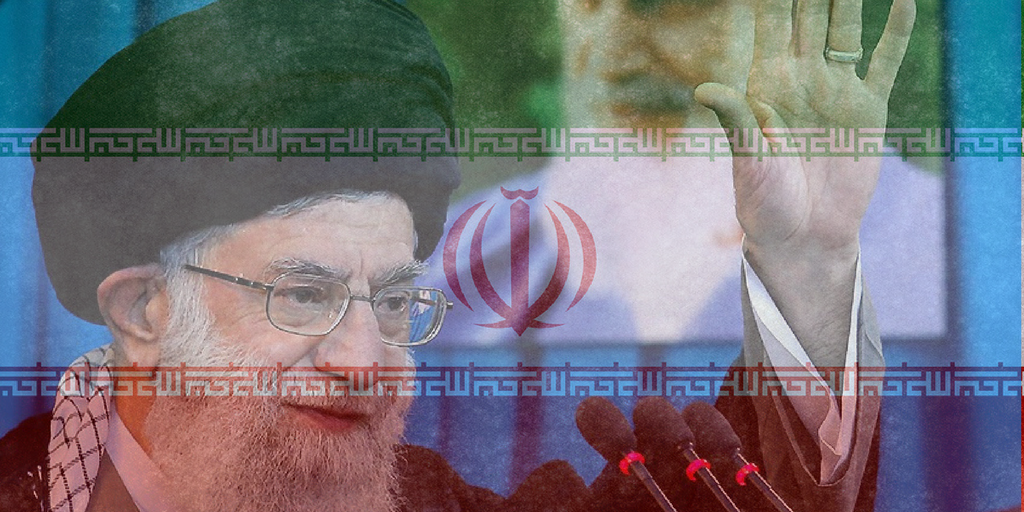[vc_row][vc_column][vc_btn title=”FOR $5/MONTH YOU CAN SUPPORT ORIT’S WRITING” color=”warning” size=”lg” align=”center” button_block=”true” link=”url:https%3A%2F%2Fwww.paypal.com%2Fcgi-bin%2Fwebscr%3Fcmd%3D_s-xclick%26hosted_button_id%3DPBTQ2JVPQ3WJ2|||”][vc_column_text]The Syrian Central Command announced a cessation hostilities in Daraa that went into effect at 12pm on Saturday. The ceasefire is to last 48 hours. This last freeze in fighting comes just after a massive offensive by the Syrian army backed by the Lebanese Hezbollah and Russia which resulted in multiple civilian deaths.
With Daraa nearly back in government hands, quiet conversations are beginning in order to allow Syrian soldiers to once again patrol the Jordanian border. If this agreement goes through, the Syrian government’s control of the region East and South of Daraa would be cemented.
Syrian Golan Still Not In Assad’s Hands
With ISIS and Israeli supported rebels in tacit control of the Al-Qunaitra area and American special forces holding the Al-Tanf border crossing in Eastern Syria, the government’s control of the Daraa area was seen as vital in allowing Assad and Putin to push further East and win back more Syrian land. The Damascus-Daraa highway splits the two rebel areas in two, preventing them from strengthening their presence. This makes Israel’s role far more important in providing aid to the Free Syrian Army and various other militias close to its borders. They are the last shield against a complete Syrian and Iranian control of the Golan border area.
Meanwhile, news reports out of Syria have pointed to the YPG (Syrian Kurdish Army) being redeployed to Al-Tanf border crossing in Southern Syria to be used against Iranian militias and Syrian government troops.
“A security source confirmed that the Syrian Kurdish People’s Defense Units (YPG) are expected to send forces to the Syrian al-Tanf area near the Iraqi border, in a bid to stop the advance of the Iranian-backed militia forces to the area,” Bas News claimed.
If the YPG is being moved to Southern Syria, an uptick in direct fighting against government backed troops and militias supported by the USA should be expected in the next few days.[/vc_column_text][/vc_column][/vc_row][vc_row][vc_column][/vc_column][/vc_row]





